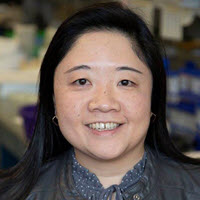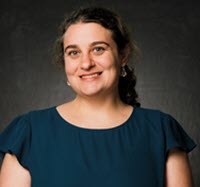LIVE Symposium
Monday, June 19, 2023
11:00 AM - 2:00 PM Eastern Time
Register now to receive a custom desktop and cellphone background from The Scientist's Symposium Team!
Tumors are molecular and cellular mosaics that acquire numerous mutations. Scientists seek to identify tumorigenic mutations among thousands of other genetic differences to help clinicians predict therapy and survival outcomes for different cancer types.
In this symposium brought to you by The Scientist’s Creative Services Team, researchers will discuss precision genomic and transcriptomic profiling in cancer clinics and how big data approaches help scientists understand patient data in real time.
Symposium program
11:00 AM – Introduction
11:10 AM – Spatial transcriptomics of pancreatic intraepithelial neoplasia (PanIN) - carcinogenesis revealed with spatial data integration
Luciane Tsukamoto Kagohara, PhD
11:45 AM – Forecasting pancreatic carcinogenesis from spatial multi-omics
Elana J. Fertig, PhD, FAIMBE
12:20 PM – Proteomics approaches to rationalize anticancer drug responses: towards next generation precision medicine
Pedro R. Cutillas, PhD
1:30 PM - Open panel Q&A session
Deanna MacNeil from The Scientist's Creative Services Team will be joined by the entire panel in an open question and answer session where presenters will address questions posed by the audience.
 | Luciane Tsukamoto Kagohara, PhD |
 | Elana J. Fertig, PhD, FAIMBE |
 | Pedro R. Cutillas, PhD |
 | Akanksha Khare |
Sponsored by


Gold Sponsor














